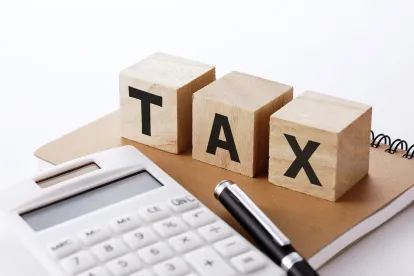On December 27, 2020, President Donald Trump signed into law House Bill 133, an expansive spending bill that provides economic relief, extends unemployment insurance benefits, and expands the Coronavirus Aid, Relief, and Economic Security Act’s Paycheck Protection Program.
The bill did not extend the mandatory paid leave provisions of the Families First Coronavirus Response Act’s (FFCRA) Emergency Paid Sick Leave Act (EPSLA) and Emergency Family and Medical Leave Expansion Act (EFMLA), both of which will expire on December 31, 2020. However, the bill does provide employers the option to continue providing FFCRA leave and receive a tax credit through March 31, 2021.
Stated more simply, employers may choose to continue providing paid leave to employees consistent with the FFCRA requirements and claim related tax credits until March 31, 2021, but employers are not required to do so.
The fine print – don’t discriminate, retaliate or terminate employees for using leave.
Under the bill’s amendments to the FFCRA, employers may not discharge, discipline or in any manner discriminate against any employee who takes EPSLA leave or has filed any complaint or proceeding related to the EPSLA in order to take a tax credit for providing paid leave under the EPSLA from January 1 – March 31, 2021.
Similarly, employers who provide EFMLA to employees from January 1 – March 31, 2021, must not retaliate against employees for using such leave and must comply with job restoration requirements under the FMLA in order to take the tax credit for providing the leave.
The bill does not increase the maximum limits of leave an employee may take under the EPSLA or EFMLA. Accordingly, if an employee has already used 80 hours of EPSLA leave in 2020, an employer may not provide additional paid leave to the employee in 2021 and claim tax credit for those hours. However, if an employee only used 40 hours of EPSLA, the remaining 40 hours may be carried into the first quarter of 2021.
Action Items
-
Update Policies. Most employers created FFCRA paid leave policies that expressly expire on December 31, 202 If an employer decides to provide extended FFCRA paid leave to employees, it may need to update its FFCRA policy to reflect that it will be in effect through March 31, 2021.
-
Be Mindful of State and Local Leave Laws. Even if an employer chooses not to provide FFCRA leave in early 2021, some state and local laws may require an employer to provide COVID-19-related paid leave to employees. In addition, many states have general paid leave laws set to go into effect on January 1, 2021 (e.g., Colorado). Employers must continue to comply with applicable state and local paid leave laws.
-
Watch for Department of Labor Guidance. When the FFCRA was first passed, the DOL provided extensive Q&A responses and guidance. There remain some open questions about the Bill’s extension and the DOL may weigh in.




 />i
/>i

